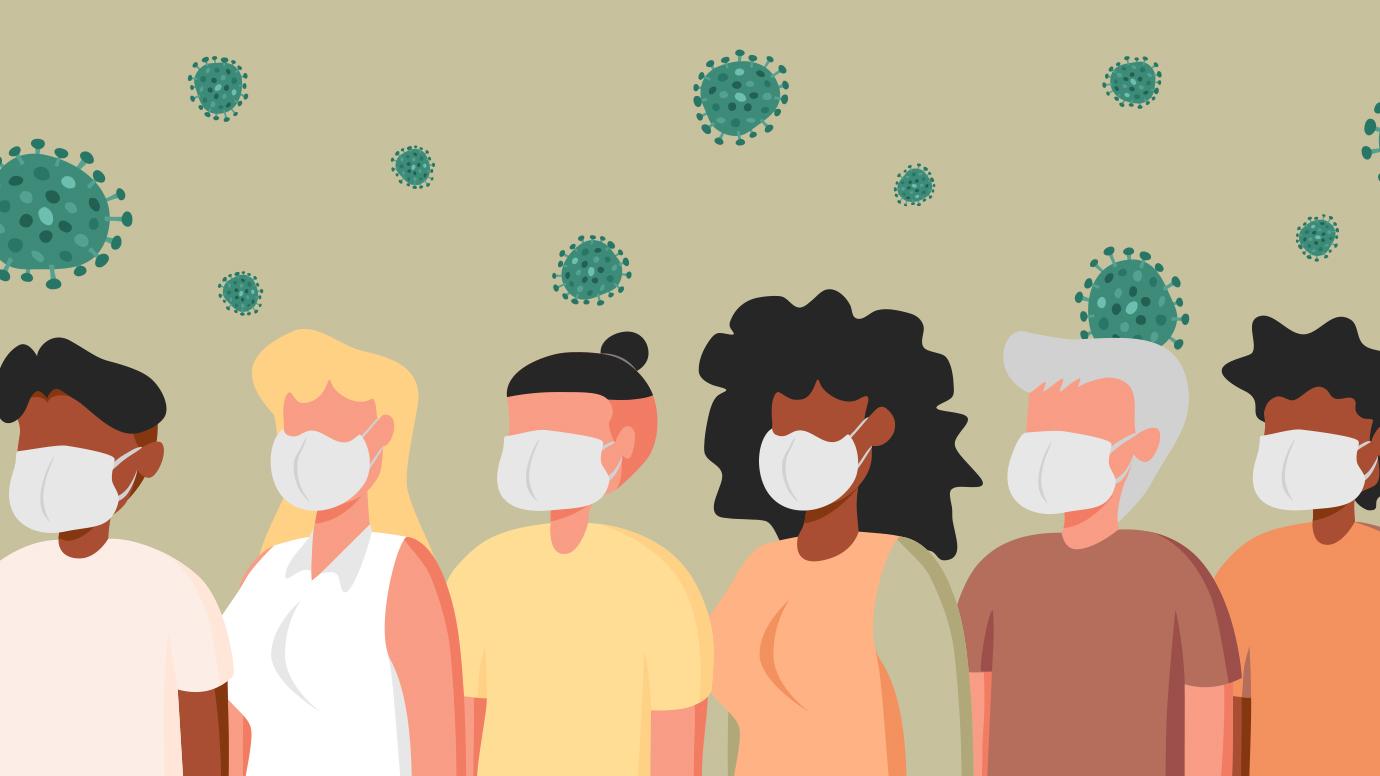Key Points
• Health care workers who come into contact with and / or care for COVID-19 patients are at higher risk of infection than the general population. Mitigating this risk is essential to keep healthcare providers healthy and reduce COVID-19 levels.
The available scientific evidence suggests that measures such as proper use of personal protective equipment, optimal hand hygiene practices, consistent masking in health care settings, and adequate training in the prevention of infections and health care are correlated with a reduced risk of COVID-19 among healthcare workers. infection control (IPC).
Prevention of SARS-CoV-2 infection among healthcare workers requires a multidimensional, integrated approach, including occupational health and safety (OSH) and IPC.
All health facilities need to establish new or strengthen and implement existing (a) IPC programs and (b) occupational health and safety programs with protocols to ensure the safety of health workers and prevent infection in the workplace.
In order to prevent transmission of infections associated with the provision of health care, it is recommended that an adequate number of clinical staff be provided.
Early detection of SARS-CoV-2 infection among healthcare workers, achieved through syndromic surveillance and / or laboratory testing, is a key strategy for preventing secondary transmission of infection from healthcare workers to patients, between healthcare workers at all stages of healthcare delivery, and from healthcare workers to contacts outside medical institutions.
A national and / or local surveillance and testing strategy should be developed and implemented.
